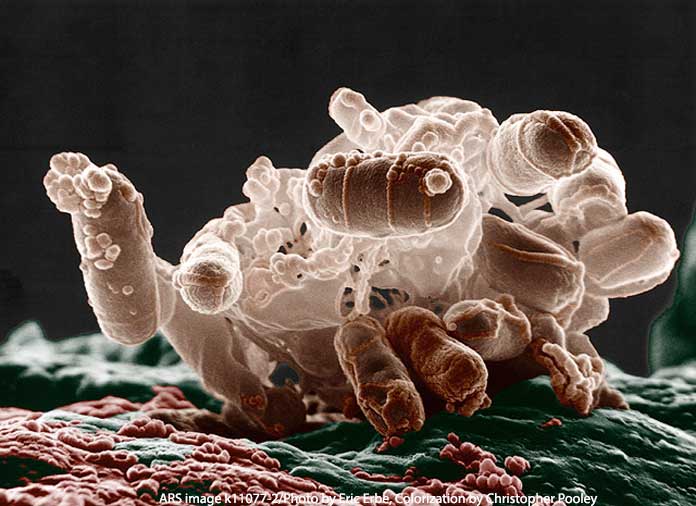The Boone County Health Department (BCHD) in Missouri has notified the Sturgeon School R-V District that 3 children who attend Sturgeon Elementary School have been diagnosed with E. coli O157:H7. According to a letter sent by the school district to parents, “This infection, which is easily transmitted, was identified in our community prior to this school year start and contagion most likely resulted by contact from a shared community facility. Our school district while not the origin is working closely with the BCHD in preventing spread of contamination.”
The same letter states that BCHD has confirmed another case of E. coli O157:H7 in another community in Boone County, and that there is an investigation of cases in several adjoining states. If there are related cases in other states, then this is a multistate outbreak and contaminated food is most likely the source.
According to the BCHD, there are 4 confirmed cases of E. coli O157:H7 and 2 probable cases. All of the people sickened are preschool and school-aged children. The dates of onset of illness range from August 12 to August 30, 2016.
Health officials are still reviewing laboratory analysis of E. coli DNA testing on bacterial isolates from stool samples. They are also conducting case interviews to determine the probable cause or causes of the illnesses.
E. coli and HUS Kidney Failure
E. coli in young children can cause severe complications, including one called hemolytic uremic syndrome (HUS), the leading cause of kidney failure in children in the United States.

E. coli O157:H7 creates “Shiga toxins” that are poison to the human body. If these toxins gain access to the blood stream and find their way into the kidneys, they can damage the thin layer of cells that line the interior surface of tiny blood vessels in a part of the kidneys called the glomerulus. Red blood cells are damaged and make tiny blood clots (thrombi) in the filtering system. The result is kidney failure and a host of other severe medical problems.
In addition to kidney failure, little ones who develop E. coli-HUS can have strokes, slip into a coma, have a heart attack, have severe pancreatitis, and the list goes on.
“Young children are some of the most vulnerable to foodborne illness. Over that past several years, our law firm has handled a large number of cases where children with E. coli developed hemolytic uremic syndrome, a complication that causes kidney failure. In some of these cases, the children did not survive. Many of these illnesses and deaths were caused by unsanitary conditions at a food processing plant or restaurant,” said attorney Fred Pritzker, who helps children who are injured by contaminated food.
Read more about hemolytic uremic syndrome.
What Should I Do if My Child Has E. coli O157:H7?
If your child has been diagnosed with E. coli O157:H7, it is important to contact an E. coli lawyer and then, with your lawyer’s guidance, do the following:
- Contact your local health department to report the diagnosis, if your doctor has not already done so.
- Make a list of everything your child has eaten and where he or she has been in the 10 days prior to onset of E. coli symptoms.
- Share your list with your local health department.
Taking these steps will help your state and local health departments find out what caused your child’s illness. When there is an outbreak of illnesses, this is referred to as finding the “source” of the E. coli outbreak. Finding the source is important both to prevent other children from getting this dangerous illness and to find the corporate wrongdoer(s) responsible. No company should sell food tainted with a potentially fatal pathogen and not be held accountable with an E. coli lawsuit.
For more information, read “What Should I Do if My Child Has E. coli O157:H7?”
Sources:
Sturgeon School R-V District Letter. http://sturgeon.k12.mo.us/hsecoli.pdf
Columbia/Boone County Public Health Department. http://www.como.gov/health/